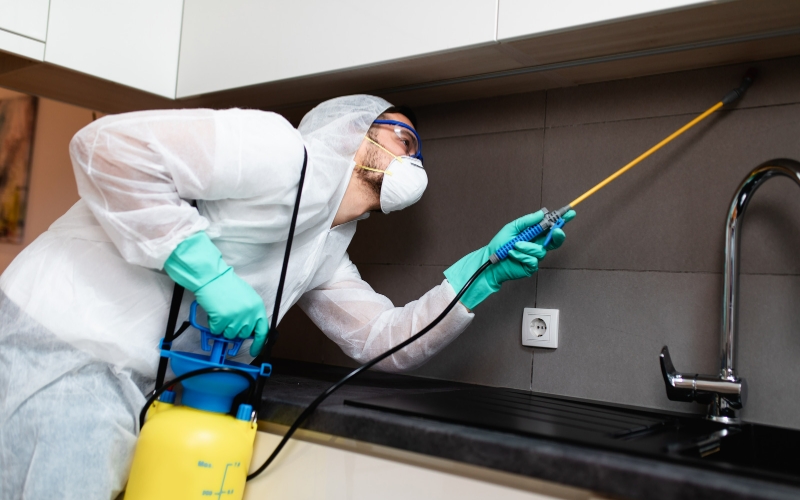
Is your California apartment infested with cockroaches and aren’t exactly sure of what to do next? If so, read on to learn what rights and responsibilities you have under California law.
Under California habitability laws (CA Civ. Code § 1941.2), landlords have an obligation to provide tenants with livable property. Among other things, this means being provided with a home that is free of pests, such as termites and cockroaches.
And if a landlord isn’t able to do so, you may be able to exercise a number of legal options.
In today’s blog, we’ll walk you through everything you need to know regarding cockroaches in apartment law in California. This way, you’ll know your rights as well as what is expected of you when such an issue arises.
The following are answers to commonly asked questions on the topic.
Yes, California is home to five species of cockroaches. That is, German cockroach, Turkestan cockroach, American cockroach, oriental cockroach, and brown-banded cockroach.
What’s more, cockroaches are a common pest in all areas of California. As such, you’re likely to have a roach infestation at one point or another.
According to California Health and Safety Code Section 104316, landlords have a duty to provide tenants with livable premises. The landlord must not only take reasonable steps to prevent a roach infestation, but also respond to roach extermination requests within reasonable time.
The following are landlord responsibilities as per cockroaches in apartment law in California.
Tenants, too, have responsibilities under the California apartment law. You must do the following.
Absolutely! Under California law (CA Civil Code 1940-1954.06), tenants can sue the landlord if they fail to keep the property habitable.
But before you can sue the landlord for roach infestation, you’ll need to ask yourself the following important questions.
If most answers are in the affirmative, then you may be able to sue the landlord for roach infestation.
Other than suing the landlord, you may also be able to exercise other legal options as well. Including, withholding rent payments, repairing the issue yourself and then deducting the costs from future rent payments, or simply breaking the lease and moving out without penalty.
Before moving into a new apartment, it pays to do due diligence. During the proper showing, be on the lookout for the following telltale signs.
In California, if a landlord wishes to fumigate the property, they must provide the tenant with a 24 hours’ advance notice. In the notice, the landlord must include the following information as per the state’s tenant law on fumigation.
Does the landlord need to pay for alternative housing during the fumigation? No! You are entitled to stay in the unit during the fumigation process if you choose to. However, if you choose not to, then you’ll not be able to hold the landlord liable for the extra housing costs.
Generally speaking, in California, landlords are responsible for pest control. The only exception is if the infestation is caused by the tenant’s carelessness or negligence.
You may not be able to hold your landlord responsible for pest control in California if you do the following.
There you have it – a comprehensive overview of cockroaches in apartment law in California. The responsibility of keeping your rental home pest-free is shared between you and your landlord. Be sure to check the lease for any specificities.